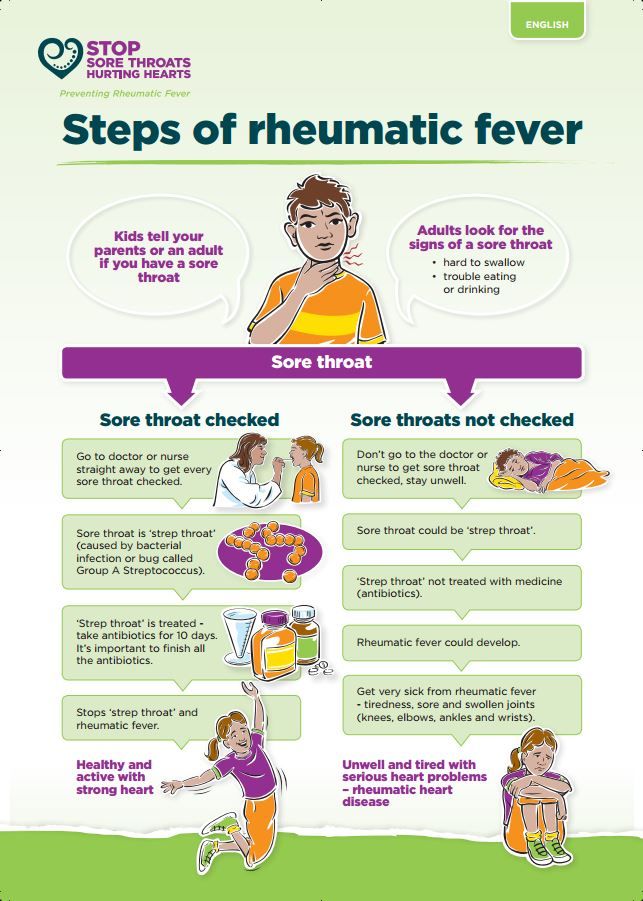Sore throat 7 weeks pregnant
What causes sore throat during pregnancy and how to deal with it?
Pregnancy makes your body more susceptible to infections, including cold and flu that causes sore throat.A multitude of things can cause sore throat during pregnancy, from environmental irritants to viruses to pregnancy hormones. Here's a list of effective home remedies for sore throat.
A sore throat is an inflammation of the throat that causes painful, dry, or scratchy feeling which often worsens when you swallow. Mostly it is caused by viral infections (cold and flu) and sometimes bacterial infections. However, sore throat can also result from acid reflux, allergies (dust and pollen), muscle strain in the throat, exposure to chemicals or pollutants, and sinusitis. Most sore throats go away on their own within a few days. But strep throat which is caused by bacteria need to be treated with antibiotics, such as penicillin. If you're pregnant and experiencing a sore throat, treatment of this common ailment can be more complex because there are a lot of things you can't take during this time. We have some best home remedies for treating a sore throat during pregnancy.
But first let's understand the common causes of sore throat during pregnancy. When you're pregnant, your immune system lowers its strength slightly, so your body won't reject your developing baby. This makes your body more susceptible to infections, including cold and flu that causes sore throat. Changes in estrogen and progesterone levels during pregnancy can also cause a sore throat along with other symptoms, such as nausea and headache. A heartburn or acid reflux is also a common pregnancy symptom, and it can also give you a sore throat. Fortunately, simple home treatments ease most sore throats.
A sore throat during pregnancy is usually not a cause of concern. But if it is accompanied by fever, chills, and a severe sense of malaise, it could be the flu and you should see your doctor right away. If it is strep throat, which is a severe form of sore throat caused by bacteria, you may require a doctor's visit.
If your sore throat is just a minor irritant, it can be managed with some home remedies that are safe for the baby too. So, try these 5 natural remedies for sore throat during pregnancy:
Gargle with Warm Salt WaterThis is one of the safest home remedies for sore throat during pregnancy. Gargling with warm salt water can help clear your throat of irritants and loosen the mucus, which helps soothe your sore throat. Also, salt helps draw out the excess moisture from the swollen tissues, which reduces inflammation. What's more, salt has antiseptic and antimicrobial properties that can restrict bacterial growth. Gargle with warm salt water at least 3 times a day to get relief from sore throat.
Drink Warm Turmeric MilkResearch has shown that curcumin, the active compound found in turmeric, to be highly effective in reducing inflammation. Plus, turmeric has analgesic properties that can help reduce pain in the throat. Drinking warm turmeric milk 2 times daily to get rid of the irritating pain.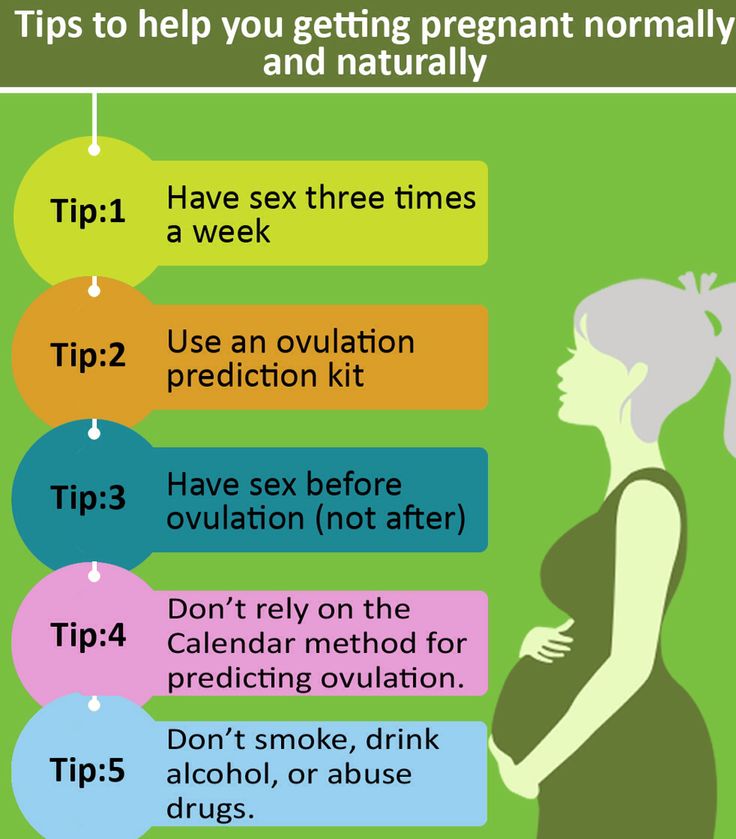
Mix 1 tablespoon of raw, unfiltered apple cider vinegar in a glass of water and drink this solution twice a day. You can also add a little honey to it. Alternatively, you can mix 1-2 tablespoons of apple cider vinegar in a glass of warm water and gargle with this solution 2 to 3 times a day.
Apple cider vinegar are acidic, but they become alkaline when consumed. Most viruses cannot thrive in alkaline environments. Because of its alkalizing effect, apple cider vinegar is regarded as an effective remedy for sore throat.
Have Ginger Tea After a MealIf acid reflux is the cause of your sore throat, ginger is a good remedy. Ginger contains active components such as volatile oils and phenolic compounds that help neutralize the stomach acids and relieve acidity during pregnancy. In addition, it can also combat nausea and vomiting that often accompany acidity. Further, ginger has antioxidant, antiviral, antifungal, antibacterial and anti-inflammatory properties. Drink warm ginger tea after eating a meal but limit the intake to 2 cups a day.
Drink warm ginger tea after eating a meal but limit the intake to 2 cups a day.
Total Wellness is now just a click away.
Follow us on
Sore Throat During Pregnancy (Should You See Your Doctor?)
Are you pregnant and experiencing a sore throat?
Pregnancy can make the treatment of common ailments infinitely more complex. Because your baby’s health is of utmost importance, there are many things you can’t ingest while pregnant.
But your health and comfort are important, too, so it’s necessary to appropriately diagnose and treat any potentially serious illnesses you may develop during pregnancy.
A sore throat is rarely an indicator of serious illness, but it can cause severe discomfort. Here’s everything you need to know about treating a sore throat during pregnancy.
Here’s everything you need to know about treating a sore throat during pregnancy.
Table of Contents
- What Causes a Sore Throat?
- Is a Sore Throat Dangerous During Pregnancy?
- When Should I See a Doctor for My Sore Throat?
- What Types of Remedies Should I Avoid While Pregnant?
- What Medications Can I Take While Pregnant?
- How Can I Treat a Sore Throat While Pregnant?
- The Bottom Line
What Causes a Sore Throat?
A sore throat is a feeling of irritation in the back of the throat. It can vary from mild to severe, and may feel like:
- Minor itching.
- Rawness.
- Burning pain.
- Rough, sandpaper-like scratching.
- Sharp pains, like swallowing glass.
A sore throat can be caused by a multitude of things, from environmental irritants to viruses to pregnancy hormones.
Here are some of the most common causes of a sore throat during pregnancy:
Is a Sore Throat Dangerous During Pregnancy?
A sore throat alone is not dangerous during pregnancy.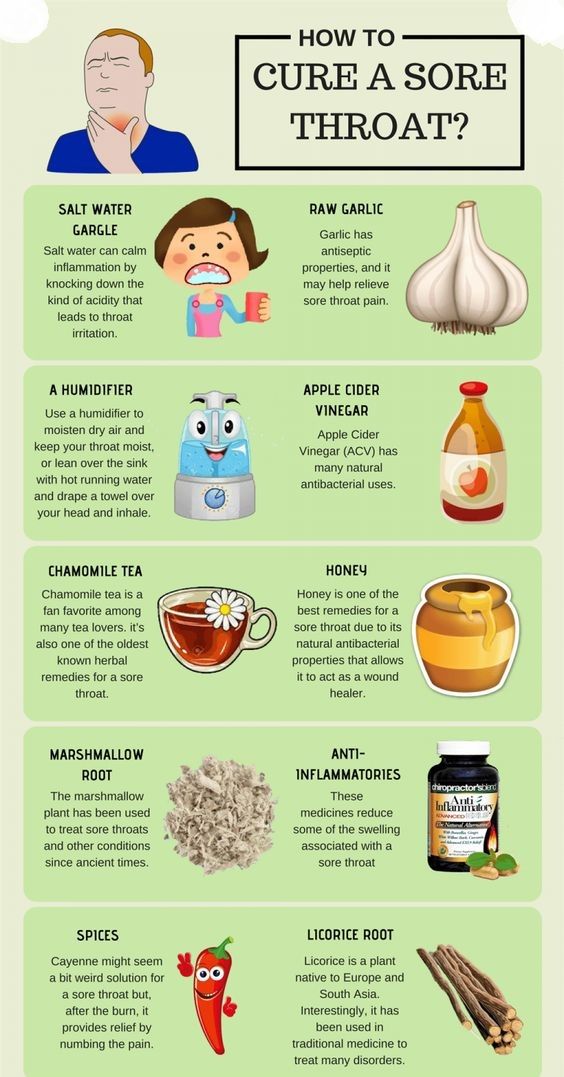 While it is a common symptom of many uncomfortable ailments, serious complications are rare. Always check with your doctor for reassurance and precaution.
While it is a common symptom of many uncomfortable ailments, serious complications are rare. Always check with your doctor for reassurance and precaution.
When Should I See a Doctor for My Sore Throat?
While a sore throat is not dangerous, there are some occasions when you should check in with your doctor.
- Fever: You should contact your doctor if your sore throat is accompanied by a fever of 100 degrees or higher — especially if the fever sets in after you’ve already had a sore throat for a few days. A high temperature can indicate a condition that may need medical treatment, and a prolonged elevated temperature can be harmful to your baby (5).
- Suspected flu: If your sore throat is accompanied by fever, chills, and a severe sense of malaise that came on rather quickly, it could be the flu. The flu presents a particular danger to pregnant women, but the good news is there are antiviral drugs available for some types of influenza.
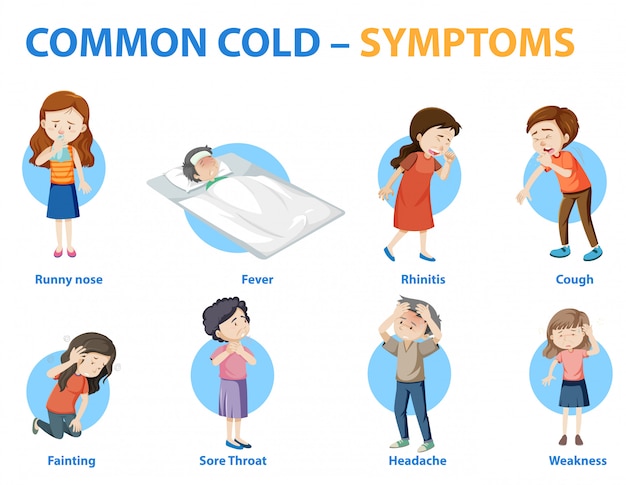 Tamiflu is recommended by the Centers for Disease Control and Prevention for use during pregnancy, but it is most effective if started within the first 48 hours of illness onset (6). So, if you suspect the flu, don’t wait — head to your doctor right away for testing.
Tamiflu is recommended by the Centers for Disease Control and Prevention for use during pregnancy, but it is most effective if started within the first 48 hours of illness onset (6). So, if you suspect the flu, don’t wait — head to your doctor right away for testing. - Rash: If a skin rash accompanies your sore throat, contact your doctor. It could indicate a more severe illness that needs appropriate medical treatment.
- Strep Throat: If your sore throat comes on suddenly and severely, you may have strep throat. Strep throat is frequently accompanied by white or red spots in the back of the throat, but a culture at your doctor’s office can confirm.
Many patients think that the bacteria that causes strep throat is the same bacteria that the doctor checks for around week 36 of pregnancy, or Group B Strep bacteria, which can spread to your baby from the vaginal or rectal area.
However, they are not the same bacteria, and there is no need to worry. In fact, the bacteria from strep throat will not spread to your baby.
Editor's Note:
Dr. Njoud Jweihan, MD
Strep throat is easily treated with antibiotics, and your doctor will likely give you a prescription if you’re diagnosed with it. The antibiotic is a good idea to help prevent some of the complications of strep throat that can crop up, such as kidney issues and rheumatic fever.
What Types of Remedies Should I Avoid While Pregnant?
Several common remedies should be strictly avoided while pregnant, including:
- Aspirin.
- Ibuprofen.
- Caffeinated teas.
- Vitamin C supplements: Vitamin C supplements marketed to boost immunity (like the brand name “Emergen-C”) are typically safe for consumption. While it may be tempting to use these products to ward off a larger cold at the first sign of a sore throat, it’s best to check with your doctor first — especially since your prenatal vitamin should already contain Vitamin C.
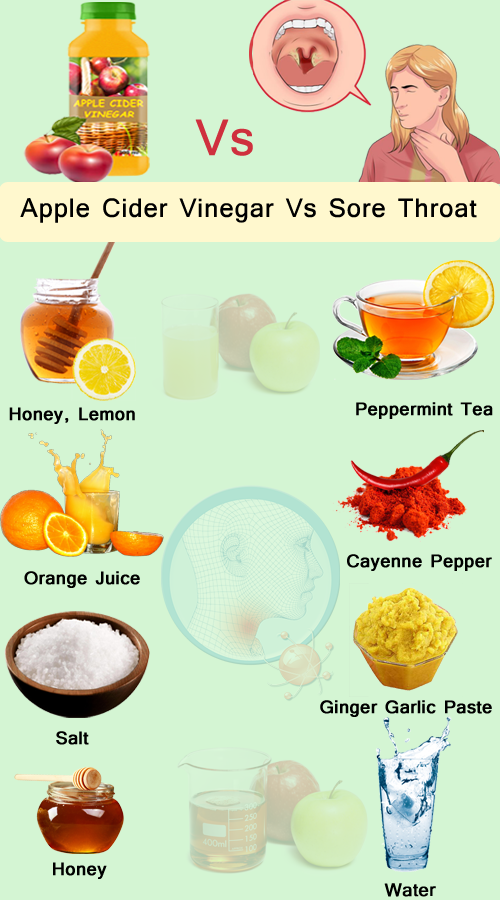
- Zinc lozenges: As is the case with Vitamin C, your prenatal vitamins give you all the vitamins and minerals you need during pregnancy, so taking more can cause you to take too much. Check with your doctor about whether you can take zinc lozenges to stave off a cold — and if there’s any question, skip it.
What Medications Can I Take While Pregnant?
Some medicines are safe for use during pregnancy, as long as you follow proper dosing instructions. Always check with your doctor prior to taking medications to make sure they agree the medication you choose will complement your obstetric care:
- Antibiotics: Since a doctor must prescribe these, your doctor will choose one that is safe for use during pregnancy. Antibiotics that can be used are cephalexin, amoxicillin, and penicillin.
- Acetaminophen (the active ingredient in Tylenol): Use Tylenol sparingly. While it has been determined to be safe for pregnancy, overuse has been linked to liver damage (7).
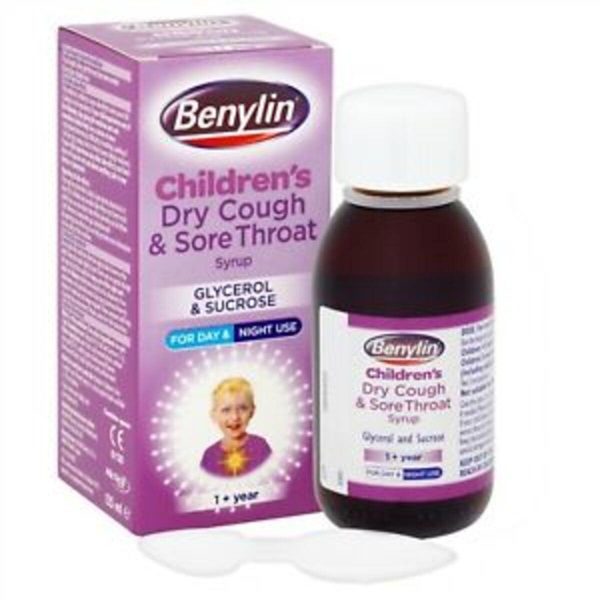
- Cough drops.
- Throat sprays.
- Antacids: If your sore throat is caused by acid reflux, antacids such as Tums or Rolaids are safe to use. However, choose ones that contain calcium carbonate over sodium bicarbonate as they can cause water retention (8).
How Can I Treat a Sore Throat While Pregnant?
If you’re experiencing a sore throat while pregnant, there are several things you can do.
1. Take Your Temperature.
Before treating your sore throat, make sure you are not running a fever. A fever is any temperature above 100 degrees, which can indicate there is an infection in your body that needs to be treated.
A high fever during pregnancy can be dangerous for your baby, particularly in the first trimester, and should be monitored by a physician (9).
2. Take Tylenol.
Tylenol is generally considered safe for use during pregnancy. If your sore throat is severe, you may take Tylenol, or generic acetaminophen, for pain relief.
3. Gargle with Salt Water.
Gargling with warm salt water can help clear your throat of irritants and loosen the mucus. The salt is also soothing and helps to draw out excess moisture.
To gargle, add 1/2 teaspoon of salt to a cup of warm — not hot — water, and mix it until dissolved. Take a sip, tip your head back, and gargle so the mixture reaches as far back in your throat as possible.
Gargle for about a minute, then spit out the salt water.
4. Drink Tea with Lemon.
It can be difficult to drink adequate liquids when you have a sore throat. Choosing hot, soothing drinks will not only keep you hydrated but can help to thin and loosen irritating mucus in the back of the throat.
Herbal teas are a popular choice during pregnancy because they are naturally decaffeinated. However, it’s important to note that many herbs also have medicinal properties and, in certain quantities, may be harmful.
Because these herbs are not regulated by the FDA and are not widely studied, there is little agreement in the medical community about what is safe and what is not. Check with your doctor about any herbal teas you plan to consume. Avoid teas that contain cinnamon, licorice, chamomile and red raspberry leaf specially in the first trimester.
Check with your doctor about any herbal teas you plan to consume. Avoid teas that contain cinnamon, licorice, chamomile and red raspberry leaf specially in the first trimester.
5. Use Throat Lozenges or Throat Sprays.
Throat lozenges and throat sprays are generally safe for use during pregnancy, so feel free to use them to coat your throat. Some also have menthol to help relieve other cold symptoms, and most throat sprays have antiseptic in them to help numb your throat from the pain.
If choosing a multi-symptom throat lozenge, make sure you need all the treatments listed; if not, opt for a single-use lozenge, such as one that only soothes the throat. Choosing a multi-symptom lozenge when you don’t have a cold that needs treating can cause you to over-medicate.
Avoid zinc lozenges that are designed to fight a cold rather than just soothe symptoms.
Always check with your doctor before taking any medication — even if it is over the counter.
6. Rest.

When you’re pregnant, your immunity is not up to par.
Rather than being suppressed, your immune system is weaker — meaning your body has to work harder to fight off bacteria and viruses. One of best things you can do to help your immune system function properly is to get adequate rest, allowing your body to use its energy to fight off the bug.
Editor's Note:
Dr. Njoud Jweihan, MD
The Bottom Line
A sore throat can be incredibly uncomfortable during pregnancy, but the good news is it’s rarely serious. More often than not — as long as it’s not accompanied by fever — a sore throat is simply the result of a cold virus or environmental irritants.
However, always check with your doctor before taking any medication — even if it is over the counter.
Feedback: Was This Article Helpful?
Thank You For Your Feedback!
Thank You For Your Feedback!
What Did You Like?
What Went Wrong?
Sore throat during pregnancy
What to do if the mother-to-be gets sick? Consider acceptable methods of treating a sore throat during pregnancy.
The appearance of sore throat, perspiration during the period of bearing a baby often causes a lot of unrest in expectant mothers. This is not at all surprising, because any infection suffered by a woman during pregnancy can adversely affect the development of the fetus in the womb. Why do sore throats occur during pregnancy? Consider the most likely reasons. nine0003
Causes of sore throat
The main cause of discomfort and sore throat during pregnancy is bacterial or viral flora on the mucous membrane of the nasopharynx or exacerbation of existing chronic diseases. Sometimes perspiration can be observed against the background of problems with the stomach, when the contents of the stomach are thrown into the oropharynx. Very rarely, the cause of pain when swallowing can be a foreign body.
If, in addition to a sore throat, you also have an elevated body temperature and swelling of the mucous membrane of the pharynx, then most likely that you develop acute inflammatory process. This condition requires a woman to immediately consult a doctor, because many pathogenic microorganisms can freely penetrate the placental barrier, thereby causing developmental abnormalities in the baby. No need to try to treat a sore throat on your own at home, or even worse, ask for recommendations about treatment at the nearest pharmacy. Only the gynecologist leading the pregnancy can prescribe the drug that is most safe for the fetus in the womb, and, if necessary, refer to other specialists. nine0003
This condition requires a woman to immediately consult a doctor, because many pathogenic microorganisms can freely penetrate the placental barrier, thereby causing developmental abnormalities in the baby. No need to try to treat a sore throat on your own at home, or even worse, ask for recommendations about treatment at the nearest pharmacy. Only the gynecologist leading the pregnancy can prescribe the drug that is most safe for the fetus in the womb, and, if necessary, refer to other specialists. nine0003
First aid for sore throat
During pregnancy, it is especially important not to start the disease and to eliminate all its clinical signs at the initial stage. So, if you feel a sore throat, not very pronounced pain when swallowing and discomfort while eating, but the body temperature remains within the normal range, then you can try alternative methods of treatment and local antiseptics.
Excellent help at the initial stage of a sore throat inhalation with the addition of a decoction of sage or chamomile. These medicinal plants have a pronounced anti-inflammatory and antibacterial effect and do not cause any side effects on the fetus growing in the womb. nine0003
These medicinal plants have a pronounced anti-inflammatory and antibacterial effect and do not cause any side effects on the fetus growing in the womb. nine0003
Raspberries, cranberries and lingonberries are natural antibiotics. For sore throats, warm raspberry tea or freshly prepared lingonberry and cranberry juice helps well. Perfectly relieve pain, perspiration and swelling of the mucous membrane of the pharynx, gargling with infusions of medicinal plants (oak bark, chamomile, sage).
In addition to the traditional treatment of sore throats during pregnancy, try to avoid eating too hot or cold food and liquids. Compliance with a certain temperature regime is necessary so as not to additionally injure the inflamed mucous membrane of the pharynx. As a rule, if treatment with folk remedies was started immediately, then the mucous membrane of the pharynx is restored after 2-3 days. nine0003
Folk remedies
Milk with honey
For sore throats accompanied by difficulty in swallowing, warm milk with honey is very helpful.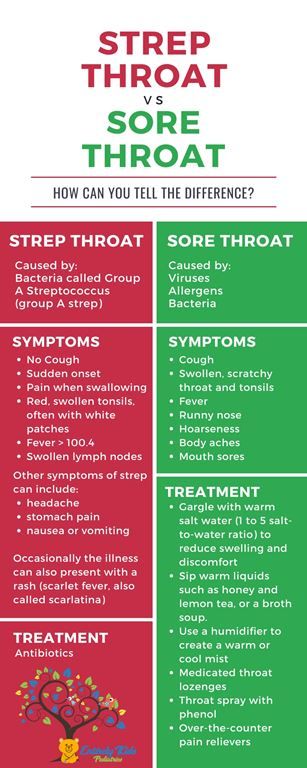 It is better to drink such a drink before going to bed and immediately cover yourself with a warm blanket. Until the morning, the pain in the throat will be almost imperceptible. In addition, warm milk with honey has a calming effect on the nervous system and helps the expectant mother fall asleep quickly.
It is better to drink such a drink before going to bed and immediately cover yourself with a warm blanket. Until the morning, the pain in the throat will be almost imperceptible. In addition, warm milk with honey has a calming effect on the nervous system and helps the expectant mother fall asleep quickly.
Chamomile
Chamomile is a very effective folk remedy for the first symptoms of pharyngitis, tonsillitis. This plant has strong anti-inflammatory and antibacterial properties. To prepare herbal infusion, add 1 tablespoon of chamomile flowers to 1 liter of hot water. Put this mixture in a water bath and boil for 15 minutes, then strain and pour into a thermos. Use a warm infusion for gargling. Sage grass and oak bark have similar properties. nine0003
Prevention of viral infections during pregnancy
To prevent diseases during pregnancy, it is often recommended to spend time outdoors, eat healthy and healthy, and avoid crowded places. In the apartment, ventilate the room more often, maintain the optimum temperature regime - 22 degrees, air humidity in the room - 70-80%. Daily wet cleaning.
Daily wet cleaning.
To prevent vitamin C deficiency during pregnancy, you can drink rosehip broth, cranberry fruit drinks. Thus, you not only maintain your immunity, but also strengthen blood vessels. nine0003
Essential oils are an excellent way to prevent many viral diseases. Only gynecologists do not recommend the use of aromatherapy in the first 12 weeks of pregnancy. Oils such as fir, eucalyptus, lemon, orange, grapefruit have a pronounced antiseptic effect. You can add 3-4 drops to a container of water and place near heating appliances or drip into an aroma lamp.
Consequences of a sore throat for an expectant mother
No matter how sad it may sound, in most cases we take our health very lightly. It is especially sad when pregnant women do not monitor their health. After all, they are responsible not only for themselves, but also for the baby growing in the stomach. When the first symptoms of the disease occur, including sore throat, the expectant mother should be aware of the possible consequences if treatment is not started in a timely manner. For example, bacterial throat infections left untreated during pregnancy can lead to threatened miscarriage or premature birth. It is unlikely that a sane expectant mother would risk the life of her baby like that simply because there was no time and desire to see a doctor. nine0003
For example, bacterial throat infections left untreated during pregnancy can lead to threatened miscarriage or premature birth. It is unlikely that a sane expectant mother would risk the life of her baby like that simply because there was no time and desire to see a doctor. nine0003
Drug treatment of a sore throat during pregnancy
What should I do if local antiseptics are ineffective or the woman has already started an inflammatory process? First of all, you should immediately consult a doctor, and not self-medicate at home. Delay can lead to the progression of the inflammatory process, which can result in severe tonsillitis. With the development of complications of inflammation of the pharynx, with streptococcal infection, antibiotics are often necessary, you should not worry about this, since antibiotics are always prescribed, which are allowed during pregnancy and cannot harm the health of the baby in the womb. nine0003
Antiseptics in the form of sprays or lozenges for resorption can reduce sore throat and relieve inflammation of the mucous membrane.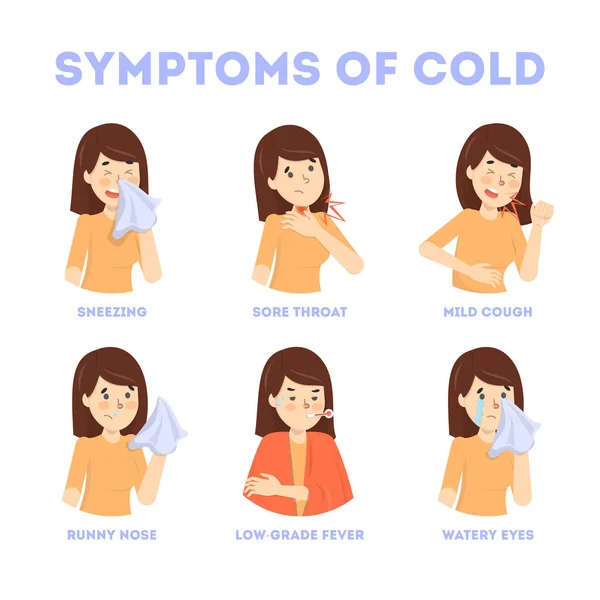 They have proven absolute safety for pregnant women and the baby in the womb. What drugs, your gynecologist will advise you.
They have proven absolute safety for pregnant women and the baby in the womb. What drugs, your gynecologist will advise you.
If white plaque or purulent plugs appear on the tonsils, do not wash the plaque or squeeze out the plugs on your own, you should immediately consult a doctor.
What can I take if I have a high temperature?
Pregnancy is a burden for a woman's body, there is a restructuring of many body systems, first of all, the immune system is suppressed. Due to a decrease in immunity in the future mother, viral infections and colds are often observed. For sore throats, as mentioned above, some medicinal plants, essential oils and antiseptic solutions help well. But what should a pregnant woman do if an increase in body temperature is added to the general symptoms of a viral infection? After all, many drugs can not be taken during the period of bearing a baby, so as not to expose the fetus to unjustified risk. So, consider what to do if the disease progresses. nine0003
nine0003
First of all, if the pain in the throat is accompanied by increased body temperature, put aside all your affairs and call the consultation to call a doctor at home. Now you absolutely do not need to go to the clinic on your own, wait in line for an appointment and put your child at risk.
Drugs such as analgin, ibuprofen, coldrex, antigrippin, acetylsalicylic acid are categorically contraindicated during childbearing, regardless of the duration of pregnancy! Such drugs not only adversely affect the overall development of the fetus, but can also provoke uterine bleeding in the mother and impaired placental circulation. nine0003
Paracetamol is a relatively safe drug for reducing fever during pregnancy. It is allowed at any stage of pregnancy, but not more than 2000 mg per day. Paracetamol and its analogues not only reduce body temperature, but also relieve muscle aches, headaches and malaise.
However, it is very important not to bring down the body temperature if the thermometer does not exceed 38 degrees. It is with an increase in body temperature above this mark that the body begins to actively produce interferon, a substance that fights viruses and strengthens the immune system. nine0003
It is with an increase in body temperature above this mark that the body begins to actively produce interferon, a substance that fights viruses and strengthens the immune system. nine0003
A cold compress can be applied to the forehead to help reduce fever. This procedure helps to more easily endure elevated body temperature and relieves headaches a little. For such a compress, a gauze bandage is moistened in cold water, squeezed out and applied to the forehead. As the compress heats up, the gauze is moistened again. Instead of a moistened handkerchief, you can use an ice pack, but first you need to wrap it in several layers of fabric so as not to cause frostbite on the skin. nine0003
To reduce elevated body temperature, cold compresses can be applied to the main blood vessels (popliteal arteries, inguinal arteries, elbows).
If the body temperature of a pregnant woman does not exceed 37.5 degrees, it is highly recommended to drink hot linden tea. Linden has a diaphoretic effect and lowers body temperature. The main thing - do not forget about drinking plenty of water, this is 2.0-2.5 liters of fluid per day.
The main thing - do not forget about drinking plenty of water, this is 2.0-2.5 liters of fluid per day.
Remember that at the slightest symptoms of illness, it is best to see a doctor right away. After all, any viral infection, even without an increase in body temperature and severe ailments, transferred during pregnancy can end very badly for the woman herself and her baby growing in her stomach. nine0003
Make an appointment with a gynecologist
For more details, consult a qualified specialist at the Semeynaya clinic.
To clarify the prices for a gynecologist's appointment or other questions, follow the link below:
Sore throat in a pregnant woman - how to treat a throat during pregnancy Moscow”
From the moment a woman finds out about her pregnancy, she needs to take a more responsible approach to her health. Temporary weakening of the immune system associated with hormonal changes can lead to an increased risk of getting colds. We will analyze how to treat colds and sore throats during pregnancy in order to avoid complications and harm to the fetus. After all, a sick woman in a position cannot take absolutely all medicines, there are a lot of contraindications. nine0003
We will analyze how to treat colds and sore throats during pregnancy in order to avoid complications and harm to the fetus. After all, a sick woman in a position cannot take absolutely all medicines, there are a lot of contraindications. nine0003
What diseases cause sore throat
The main cause of sore throat, as a rule, lies in a bacterial or viral infection, or exacerbation of chronic diseases. If the throat is tickling, then this is not necessarily a symptom of a cold. Often perspiration occurs due to diseases of the gastrointestinal tract. In some pathologies, such as gastroesophageal reflux disease, the contents of the stomach are thrown into the esophagus and, accordingly, into the oropharynx. nine0003
Rarely, a sore throat can be caused by a foreign body. In this case, it will be painful for the patient to swallow.
An acute inflammatory process with sore throat is indicated by the presence of elevated body temperature. In this case, there is also a pronounced swelling of the mucous membrane of the pharynx.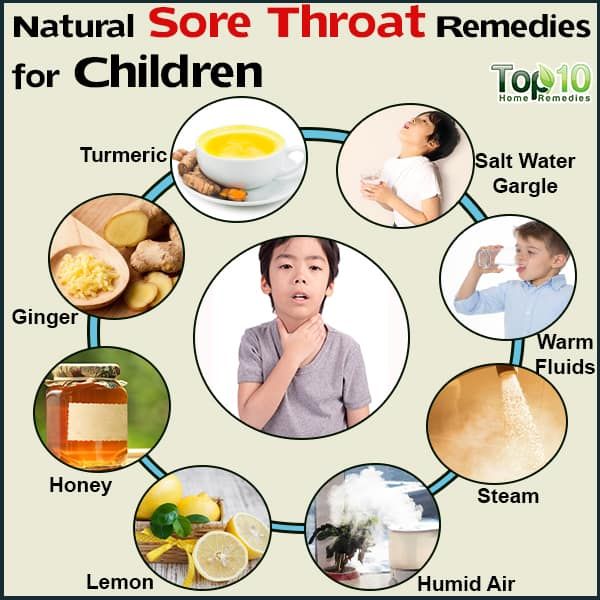
A sore throat that turns red in the throat may be a symptom of pharyngitis or coronavirus. The back wall of the larynx usually turns red. Their symptoms are quite similar. With pharyngitis, it is noted:
• dry throat, itching;
• pain when swallowing;
• a foreign body is felt in the throat;
• non-productive cough;
• possible runny nose and slight fever.
If the cause of the sore throat is coronavirus, the following symptoms are observed:
• increased body temperature;
• fatigue;
• headache;
• dry cough;
• muscle pain;
• diarrhea;
• conjunctivitis;
• loss of smell and taste;
• rash;
• difficult breathing;
• shortness of breath;
• feeling of constriction in the chest.
Tonsillitis or tonsillitis is an inflammation of the palatine tonsils. With angina, the pain in the throat is especially severe. Other symptoms include general weakness, decreased activity, headache, and high fever.
How to treat sore throat during pregnancy?
During pregnancy, it is very important to start the treatment of colds and sore throats in time so that the process does not have time to affect the bronchi and lungs. Indeed, in this case, antibiotics will be needed, and they are contraindicated during pregnancy. At the initial stage, the disease is easily treatable with non-chemical means and topical preparations.
In the absence of a high temperature, inhalations on herbs can be done. Suitable decoction of sage or chamomile. These herbs will help relieve inflammation and disinfect the throat. They are absolutely safe for the unborn baby and do not cause side effects. nine0003
Drinking cranberry or lingonberry juice is useful for sore throats. These berries contain a lot of vitamin C. They act like an antibiotic, relieving inflammation. Another berry with a similar effect is raspberries. You can drink tea with raspberry jam. It will eliminate pain, swelling, relieve fever.
It is also recommended to temporarily limit the consumption of very hot, cold, salty, sour and spicy foods. It unnecessarily irritates the already swollen and inflamed mucosa. It may take 2-3 days to restore the mucosa, depending on how far the inflammatory process has gone. nine0003
The throat must be kept warm at all times. It is best to immediately wrap it with a warm scarf when pain occurs. Avoid drafts and hypothermia.
Treatment of sore throat during pregnancy with folk remedies and chemicals
During pregnancy, many drugs and folk remedies are prohibited. Therefore, if a pregnant woman has a sore throat, rinses can be used:
1. Use a solution of salt or soda. Take 1 teaspoon of the substance in a cup of warm water. The procedure is carried out every hour. nine0003
2. Brew the eucalyptus herb. 1 teaspoon of raw materials is poured with boiling water, insisted for an hour and then gargled 4-5 times a day.
3. Gargling with a solution of Furacilin, Miramistin, or Chlorhexidine 3-4 times a day.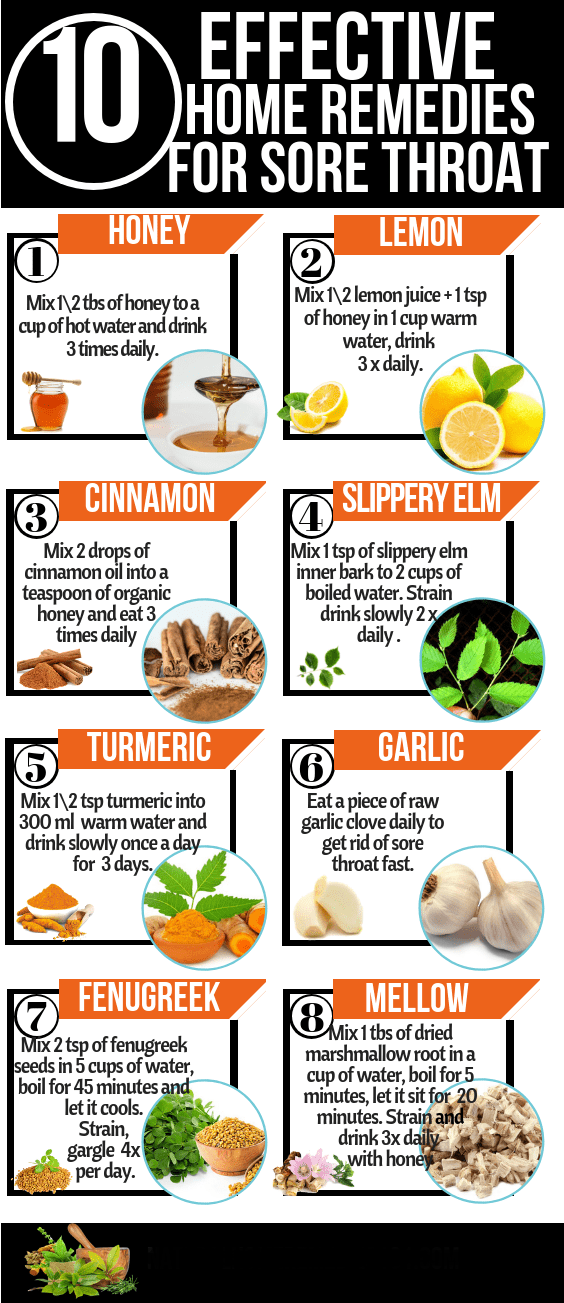
4. In the absence of a high temperature, you can lubricate the throat area (excluding the thyroid gland area) with Asterisk or Doctor Mom balm. Then the throat is wrapped with a warm scarf.
The following drugs are used during pregnancy:
• Hexoral;
• Faringsept;
• Ingalipt;
• Lysobact;
• Stopangin - allowed in the 2nd and 3rd trimester of pregnancy.
After gargling, throat spray or any other topical treatment, do not drink or eat for half an hour.
It is absolutely safe and beneficial to drink milk with honey during pregnancy. It will help relieve pain and discomfort, facilitate swallowing, and also relieve nervous tension and improve sleep. It is best to drink a drink at night, then go to bed and cover yourself with a warm blanket. nine0003
At the first symptoms of tonsillitis or pharyngitis, sore throat, it is useful to gargle with chamomile infusion. To prepare it, take a tablespoon of the flowers of this plant and pour a liter of heated water.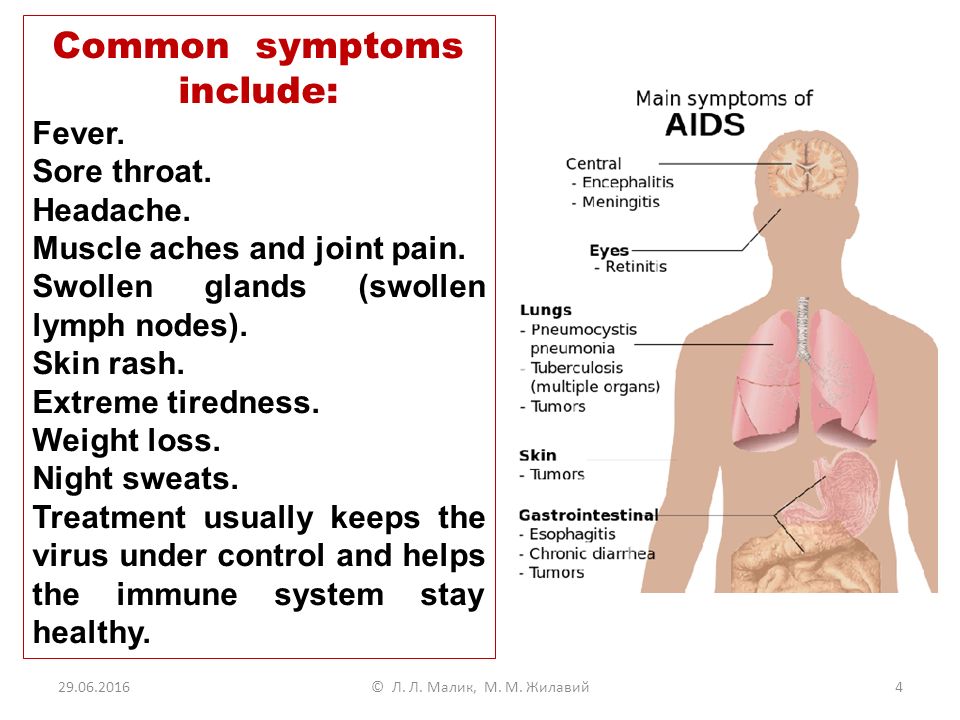 Next, the composition is heated in a water bath for a quarter of an hour, filtered and poured into a thermos. Chamomile has a strong anti-inflammatory and antiseptic effect. Similarly, you can brew and use oak bark and sage grass.
Next, the composition is heated in a water bath for a quarter of an hour, filtered and poured into a thermos. Chamomile has a strong anti-inflammatory and antiseptic effect. Similarly, you can brew and use oak bark and sage grass.
What can not be treated during pregnancy
During pregnancy, many habits of medicines that we are used to treating the throat are contraindicated. You should know what are the restrictions during this period:
1. At an early stage of pregnancy, it is recommended to stop taking any chemical drugs unless absolutely necessary.
2. Pregnant women should not use medicinal tinctures containing alcohol. They, like alcohol, are prohibited during pregnancy.
3. Immunomodulators - lemongrass, eleutherococcus and ginseng are contraindicated. To support immunity, it is better to take vitamins for pregnant women. nine0003
4. A pregnant woman should not be treated for sore throat with warming, mustard plasters, baths and saunas. Even foot baths with very hot water are contraindicated. Such procedures can cause uterine muscles to contract and increase the risk of miscarriage.
Even foot baths with very hot water are contraindicated. Such procedures can cause uterine muscles to contract and increase the risk of miscarriage.
5. Do not take aspirin and indomethacin, which can cause abnormalities in the development of the fetus.
6. Antibiotics are prohibited, as well as drugs that can increase heart rate and blood pressure. nine0003
7. Do not take medicines that affect blood clotting because of the increased chance of bleeding.
8. Folk remedies are also unsafe for pregnant women. Before taking them, you must always consult with a gynecologist. After all, some herbs have abortive properties, while others are able to change the hormonal background.
If you have a sore throat during pregnancy, seek immediate medical attention. Many viruses and bacteria are able to overcome the barrier that the placenta creates around the fetus, leading to the development of abnormalities in the unborn child. Therefore, you should not try to solve the problem yourself or consult with a pharmacist.